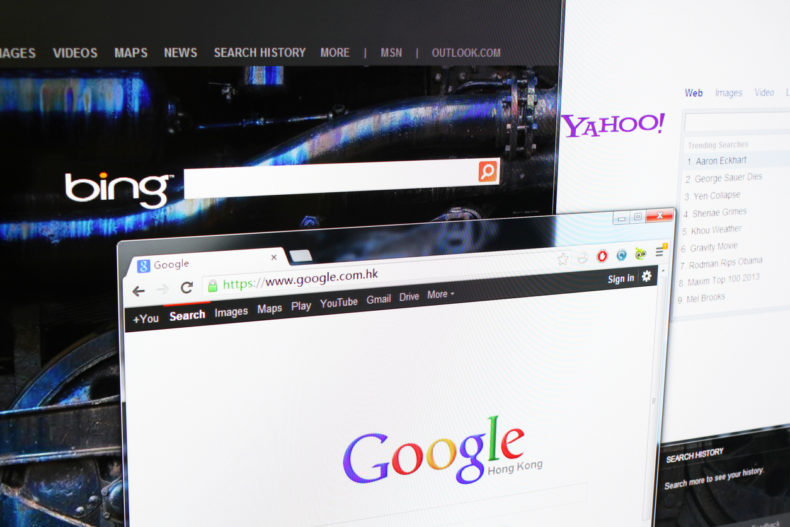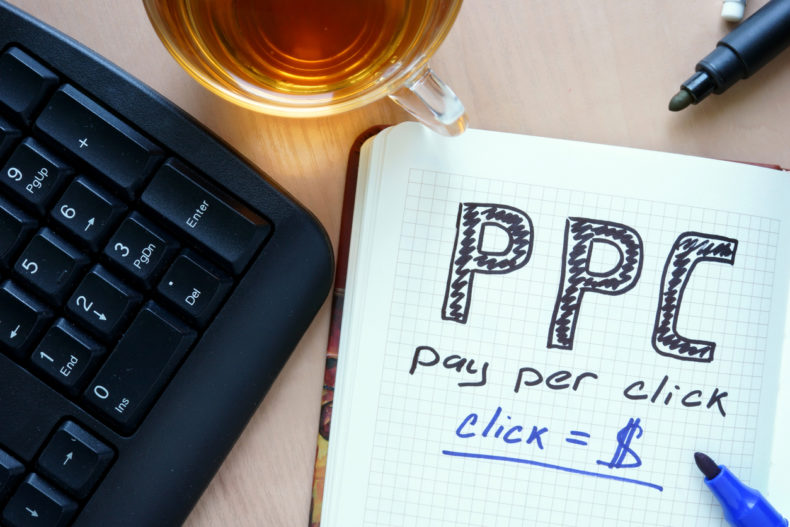
When it comes to ad networks, Google is the undisputed king of the heap.
Although the inner workings of the ad platform remain very mysterious, it yields a mighty $100 million in revenue for the Big G every day. This makes it far and away the biggest digital ad service in the world today – and, of course, the most visible.
Google itself services about 40,000 search queries on average every second.
That’s about 3.4 billion searches daily.
By comparison, its competitor Bing doesn’t quite measure up.
By recent estimates, Bing delivers results for about 874,000 searches a day. That’s only a tiny fraction of the visibility offered by Google. However, that’s not the whole story: the underdog search engine offers a completely different landscape for marketers to take advantage of.
Is Bing worth the money? In some instances, it may be a wise investment.
Take these factors into account when making your decision:
Bing Ads are Less Competitive – And Therefore Less Expensive
Although Bing brings in fewer clicks overall, it’s much easier to put your content in front of the most relevant traffic. In many categories, cost per click is lower on average than it is on Google. Plus, ad position tends to be higher than on Google for similar ad spends.
 Bing Ads Offer Sophisticated Demographic Control
Bing Ads Offer Sophisticated Demographic Control
Google Ads provides demographic options for its display ads, but Bing takes this one step further with demographics on its search ads. Its gender and age-based targeting allow you to align your messaging with the paid traffic you receive from Bing.
Bing is More Adventurous With its Social Extensions
So far, Bing has shown more panache when it comes to integrating social features into its search results. Its social extensions cover a wider range of networks than does Google’s. That’s partly because, until recently, Google had been focused on its own ailing G+ service.
Bing Ads Empower You With Search Partner Targeting
Google has a tremendous and growing list of search partners, and keeping them all straight can be a challenge. It’s “all or nothing” when it comes to including search partners in your Google strategy, whereas Bing allows you a greater level of flexibility at the ad group level.
Bing Doesn’t Force You to Use “Close Variants”
Close variants are things like incorrect spellings and grammatical stems that dilute ad specificity. They’ve recently become a requirement on Google, to the bewilderment of both advertisers and many users. On the contrary, phrase and exact match still work in traditional ways on Bing.
Bing might not be the playground of the internet that Google is, but it still has much to offer savvy marketers. If you have the budget and the willingness to learn its intricacies, it shouldn’t be overlooked.

 Bing Ads Offer Sophisticated Demographic Control
Bing Ads Offer Sophisticated Demographic Control